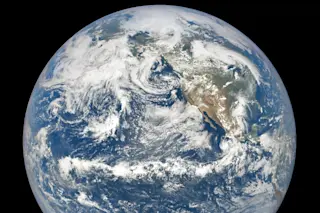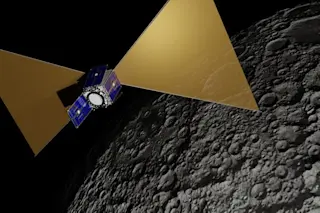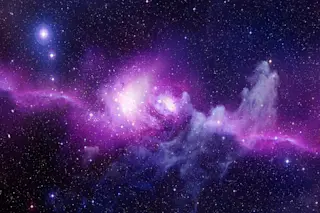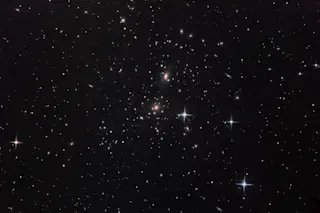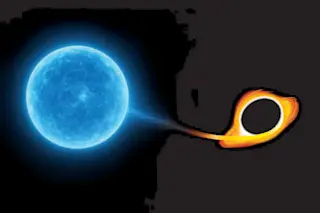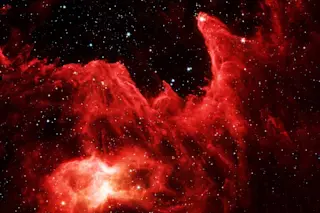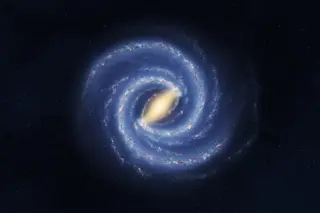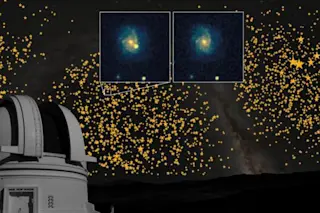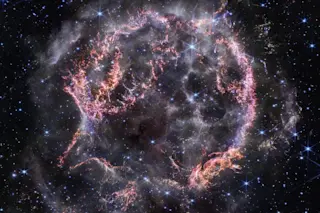James Lovelock has a lot to celebrate. The renowned British futurist and environmentalist just enjoyed a 100th birthday party with his wife and friends. Over his long career he has seen his once-controversial Gaia hypothesis steadily gain significant acceptance among his colleagues. And capping all that, he has just published Novacene, a book that predicts the impending end of the world – but does so in a gently, almost loving style. Lovelock may be the happiest pessimist I’ve ever spoken to.
Optimism has always been baked into Lovelock’s worldview. In 1974, at a time of energy crises and political crisis, he came up with his signature idea about life on Earth, working in conjunction with evolutionary biologist Lynn Margulis. The Gaia hypothesis posits that Earth behaves as a single, self-regulating organism.
Over billions of years, as the Sun has grown brighter and continents have risen above the seas, life has ...


